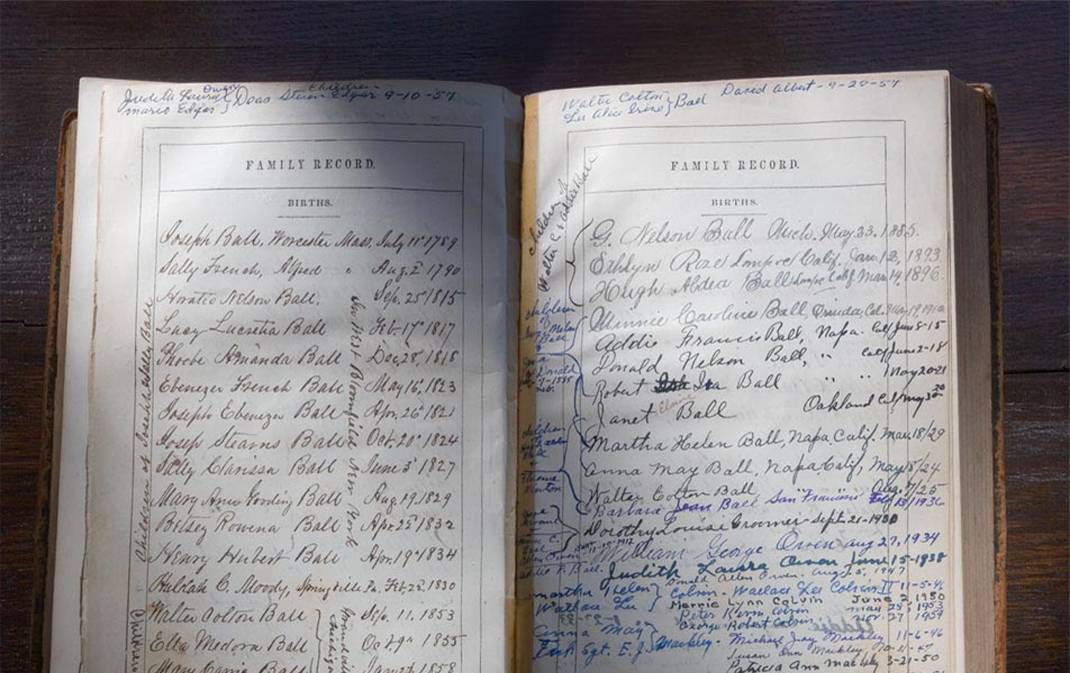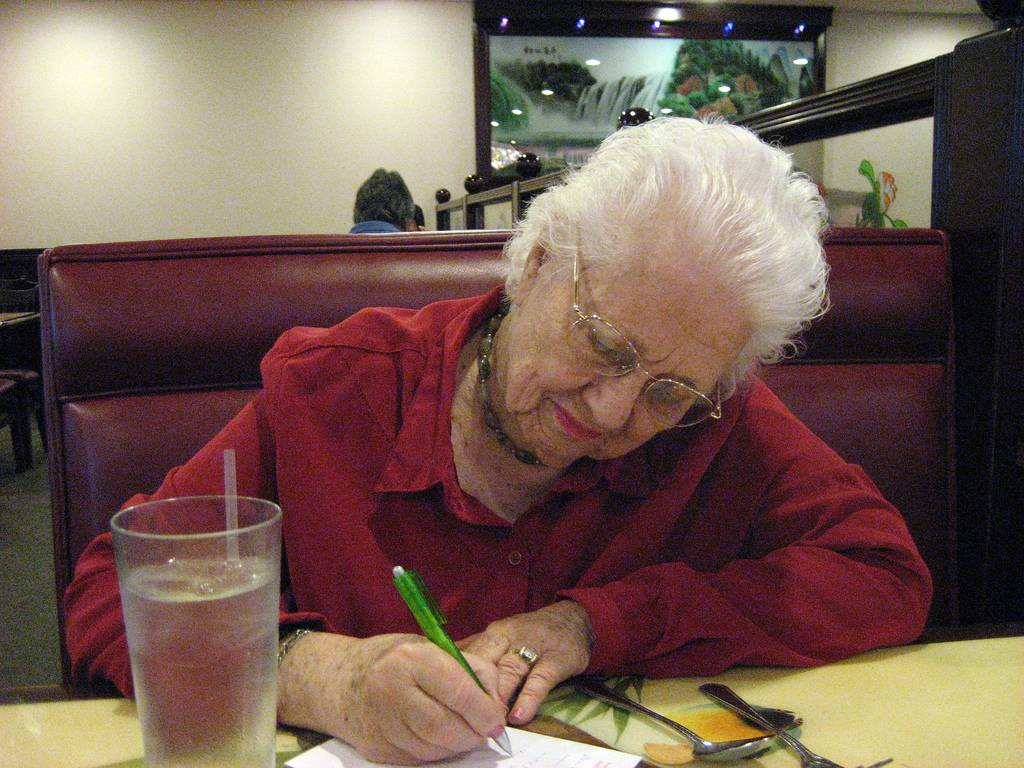
Written by Michael Levin
My young children know my mom as their sweet grandmother with a touch of Alzheimer’s and limited mobility due to a stroke.
They don’t know her as a Holocaust escapee who went on a five-nation odyssey, including being smuggled from occupied France into Spain in a hay wagon when she was just 4 years old.
They will one day, because a writer from the company I run sat down with her, interviewed her at length, and turned her recollections from those years (still sharp, by the way), along with family photos, and documents from the 1940s into a hardcover memoir.
Every family has great stories to tell, but what happens if those stories aren’t preserved?
How can any family create a book that captures family memories without headaches, hassles, or revisiting family drama?
Here are eight tips for you to follow when you’re writing family memoirs of your own.
You don’t have to cover an entire life
You can just pick one extremely powerful time in a person’s life. Coming to America, wartime experiences, or starting a family business are three strong options. As in my Mom’s case, there may be a period of time that deserves full attention. That way, you don’t have to get into periods involving divorce or other family drama that doesn’t need to be relived.
 The first draft is the “therapy draft”
The first draft is the “therapy draft”
Sometimes there’s psychological release from writing the story exactly as it happened. But then we step back and ask, if the book were published in this manner, would people’s feelings be hurt? Do we really need to bring up the story about Aunt Fannie, now that she’s been gone 30 years? Once we see the memories on paper, we realize that not all of them need to see the light of day.
Documents are as powerful as photographs
If you still have your parents’ immigration documents, especially if they include photos, those are fabulous illustrations for books, so don’t overlook them!
Hire an interviewer
Should you have an outsider, like a grad student from a nearby university, do the interviewing? We think so. Sometimes it’s easier to open up to a stranger. People may feel less judged. When my company does a family memoir, it’s almost always with a professional interviewer/writer. It’s just easier.
Private citizens have rights of privacy
If you think there are any issues that might lead to lawsuits, have your book vetted by a competent attorney who specializes in such issues, not your brother-in-law who does wills. And then ask yourself about your motives. Preserving a family legacy is a great thing. Digging up bones is not.

The truth about copyright
It’s simple to visit the website of the Library of Congress at loc.gov. Don’t let someone charge you $200 or more for a service that takes about five minutes and $35.
The 80 percent solution
Keep in mind that there’s no such thing as the perfect book. At some point, rewriting and rewriting doesn’t actually make the book better. It can lose its original tone and turn to mush. Remember, as the expression goes, that great art isn’t completed; it’s abandoned.
Remember that it’s not just a book, it’s a legacy
This is your chance to pass not just financial resources to succeeding generations but a legacy of values, memory, and family connection. The time to act is now, while loved ones are alive and memories are fresh.
New York Times best selling author Michael Levin runs BusinessGhost.com, America‘s leading provider of ghostwritten and custom published books.



